Philip Francis Esler - New Testament theology : communion and community
Here you can read online Philip Francis Esler - New Testament theology : communion and community full text of the book (entire story) in english for free. Download pdf and epub, get meaning, cover and reviews about this ebook. City: Minneapolis, year: 2005, publisher: Fortress Press, genre: Religion. Description of the work, (preface) as well as reviews are available. Best literature library LitArk.com created for fans of good reading and offers a wide selection of genres:
Romance novel
Science fiction
Adventure
Detective
Science
History
Home and family
Prose
Art
Politics
Computer
Non-fiction
Religion
Business
Children
Humor
Choose a favorite category and find really read worthwhile books. Enjoy immersion in the world of imagination, feel the emotions of the characters or learn something new for yourself, make an fascinating discovery.
- Book:New Testament theology : communion and community
- Author:
- Publisher:Fortress Press
- Genre:
- Year:2005
- City:Minneapolis
- Rating:4 / 5
- Favourites:Add to favourites
- Your mark:
New Testament theology : communion and community: summary, description and annotation
We offer to read an annotation, description, summary or preface (depends on what the author of the book "New Testament theology : communion and community" wrote himself). If you haven't found the necessary information about the book — write in the comments, we will try to find it.
Abstract: Eslers innovative proposal features a cutting-edge combination of theology, exegesis, and social analysis. He argues for new thinking about New Testament theology in light of the early social history of Christian communities. His detailed analysis of Pauls letters to the Romans and 1 Corinthians validates his thesis and clarifies its significance for scholarship. Using both the tradition of the communion of the saints and social-scientific methods, Esler brings the discipline of New Testament theology back to its theological core. He argues that interpreters also need to take into account both the history of interpretation and the multitude of voices within the contemporary church
Philip Francis Esler: author's other books
Who wrote New Testament theology : communion and community? Find out the surname, the name of the author of the book and a list of all author's works by series.

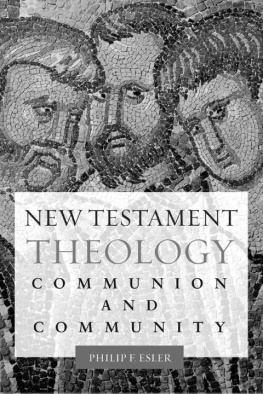
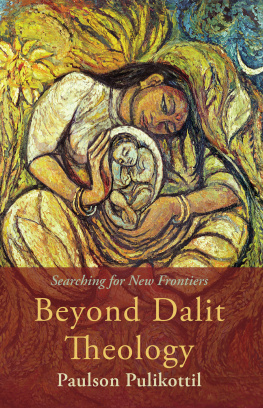
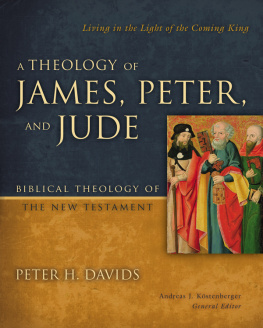
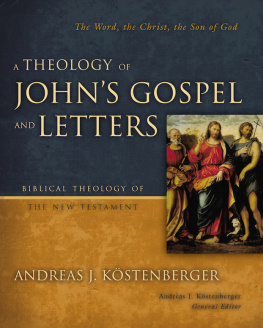
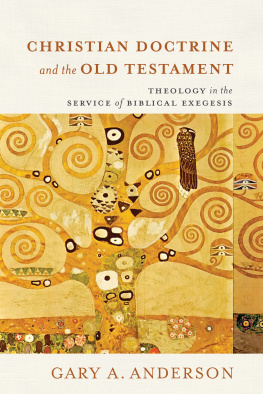
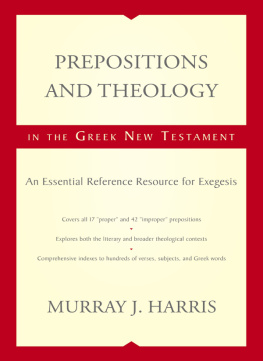
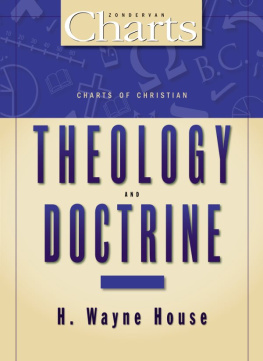
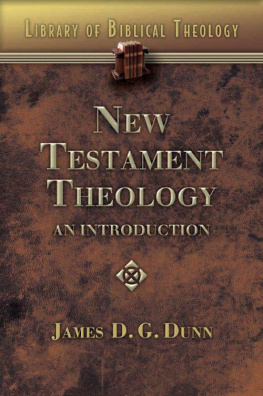

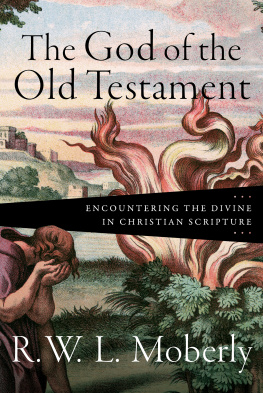
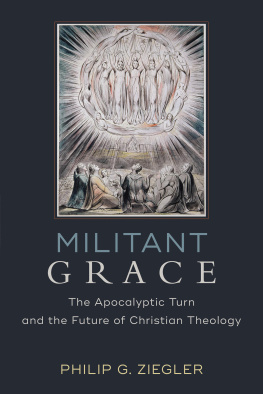
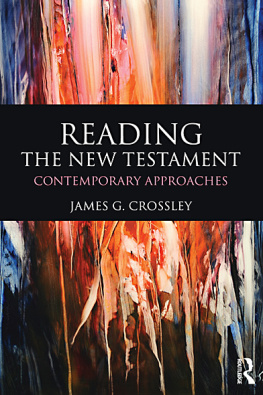




 ^his book represents the culmination of reflection over many years. Some of the ideas in it go back to the time of my doctoral studies in Oxford in the early 1980s especially my conviction that the historical investigation of what messages the New Testament authors conveyed to their original audiences must have theological significance when the texts are read in a Christian context today. Yet this work has reached its present form as a result of research I have conducted in the last few years. I was able to expose the germ of my thesis in the form of the Manson Memorial Lecture I delivered in the University of Manchester on 25 October 2001. The warm reception and helpful feedback I received on that occasion encouraged me to press on and I am most grateful for the invitation to present the lecture. The bulk of the manuscript was written during a full year's research leave in 2002-3 that was made possible by a generous grant from the UK Arts and Humanities Research Board.
^his book represents the culmination of reflection over many years. Some of the ideas in it go back to the time of my doctoral studies in Oxford in the early 1980s especially my conviction that the historical investigation of what messages the New Testament authors conveyed to their original audiences must have theological significance when the texts are read in a Christian context today. Yet this work has reached its present form as a result of research I have conducted in the last few years. I was able to expose the germ of my thesis in the form of the Manson Memorial Lecture I delivered in the University of Manchester on 25 October 2001. The warm reception and helpful feedback I received on that occasion encouraged me to press on and I am most grateful for the invitation to present the lecture. The bulk of the manuscript was written during a full year's research leave in 2002-3 that was made possible by a generous grant from the UK Arts and Humanities Research Board.
